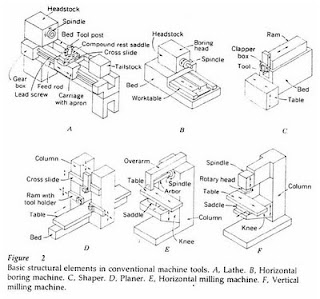Design problems normally originate as some form of problem
statement provided to the designer by someone else, the client or the company management. These problem statements, normally called a design brief, can vary widely in their form and content.
At one extreme, they might be something like the statement made by President Kennedy in 1961, setting a goal for the USA, 'before the end of the decade, to land a man on the moon and bring him back safely'. In this case, the goal was fixed, but the means of achieving it were very uncertain. The only constraint in the brief was one of time - before the end of the decade. The designers were given a completely novel problem, a fixed goal, only one constraint, and huge resources of money, materials and people. This is quite an unusual situation for designers to find themselves in!
At the other extreme is the example of the brief provided to
the industrial designer Eric Taylor, for an improved pair of
photographic darkroom forceps. According to Taylor, the brief originated in a casual conversation with the managing director of the photographic equipment company for which he worked, who said to him, 'I was using these forceps last night, Eric. They kept slipping into the tray. I think we could do better than that.' In this case, the brief implied a design modification to an existing product, the goal was rather vague, 'that [they] don't slip into the tray', and the resources available to the designer would have been very limited for such a low-cost product. Taylor's re-design provided ridges on the handles of the forceps, to prevent them slipping
against the side of the developing-tray.
Somewhere between these extremes would fall the more normal kind of design brief. A typical example might be the following brief provided to the design department by the planning department of a company manufacturing plumbing fittings. It is for a domestic hot and cold water mixing tap that can be operated
with one hand. (Pahl and Beitz, 1984).
Engineering Design Methods
Strategies for Product Design
THIRD EDITION
Nigel Cross
The Open University, Mi/ton Keynes, UK
JOHN WILEY & SONS, LTD
Chichester- New York. Weinheim • Brisbane. Singapore. Toronto

















